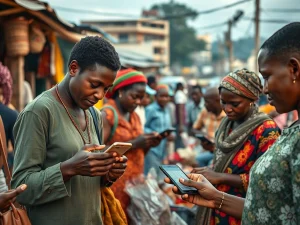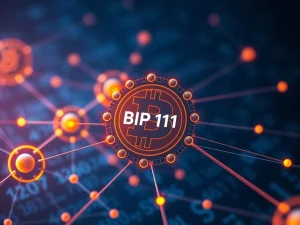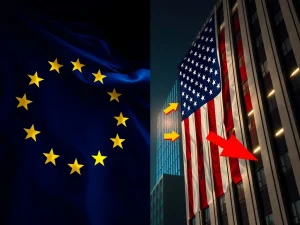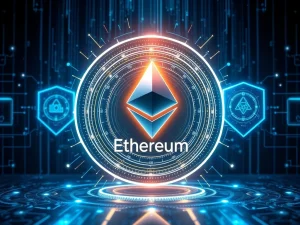PlayVS introduces Stadium digital-first esports competition platform
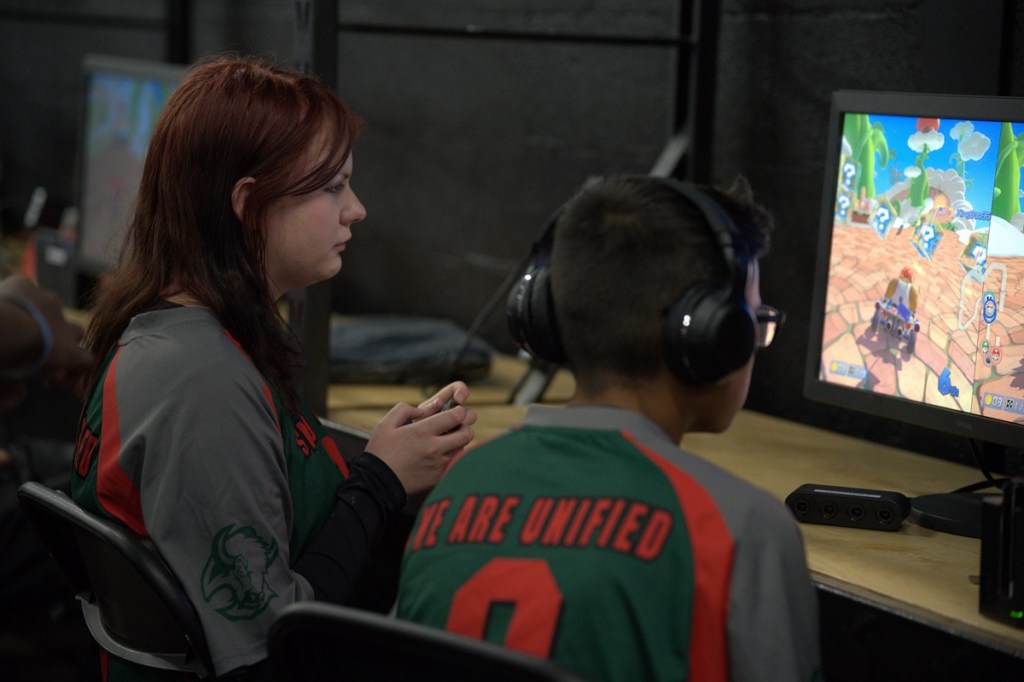
[ad_1]
PlayVS, which pioneered esports at high schools and middle schools in North America, announced its Stadium product, a digital-first esports competition platform.
Stadium is designed to cater to a wide audience including community groups, organizations, and informal teams, said Jon Chapman, CEO of PlayVS, in an interview with GamesBeat.
Building off the success of the original platform built for scholastic competition, the new platform offers flexible competition settings that can be public, private, or hidden, allowing for a diverse range of event types from open community tournaments to exclusive organizational events.
PlayVS said it is committed to offering the highest tier of esports competition, which includes increasing accessibility for youth players. This is why in November 2023, the platform became completely free to compete for students, and in March of 2024, PlayVS expanded its scholastic program to middle schools.
Join us for GamesBeat Next!
GamesBeat Next is connecting the next generation of video game leaders. And you can join us, coming up October 28th and 29th in San Francisco! Take advantage of our buy one, get one free pass offer. Sale ends this Friday, August 16th. Join us by registering here.
Now, Stadium was built for an even broader audience, including groups, community organizations, and gaming enthusiasts seeking a platform for organizing and participating in competitions on their own. It was designed for those who want the freedom to game without institutional constraint, so teams are not required to have an institutional affiliate or designated coach.
Stadium supports both simple tournaments created by third-party partners and more complex competitions managed by PlayVS.
The power of gaming

Esports has had a powerful positive impact on students: 83% of coaches have noted enhanced leadership skills in their students, and 57% of students reported that esports made them feel like they’re part of a community. With Stadium, PlayVS hopes to expand the positive influence of esports beyond the school environment.
“This new Stadium product is exciting for not only PlayVS, but for the entire esports industry. Our goal has always been to increase accessibility to esports, and now this removes even more barriers for players,” said Chapman. “Between our extensive partner network and the amazing community of students and coaches, our hope is that Stadium ignites a new era of inclusivity and more competition for gamers.”
Since 2018, PlayVS has enabled over 250,000 matches in states across the U.S. and Canada, crowning over 900 state champions. Today, the average esports program is now comparable to traditional sports teams, giving students the community and camaraderie that team sports provide.
And while the PlayVS scholastic community continues to grow rapidly, Stadium’s capabilities will now allow players the ability to compete even if their school currently doesn’t have an esports program or if they want to compete with friends from neighboring schools.
PlayVS is unveiling Stadium at its first-ever public tournament that kicks off on September 22. Upgrade Arena: Rocket League sponsored by Lenovo Legion will be a 3v3 Rocket League tournament open to players 13-18 in the U.S and Canada with no coach or school requirements necessary to participate. Enrollment is open now and can be found here: stadium.playvs.com.
“We’re really excited. The genesis of the Stadium product for us came from something that occurred to me during my first here as CEO of PlayVS,” Chapman said. “I was very impressed with the traction the company gained in establishing a number of sanctioned high school competitive leagues.”
He added, “The company’s founding mission was to create a platform that could facilitate esports as relevant as any other traditional sport in a state where a team could win a state championship. I was very impressed with that.”
The network extends through about 27 of 50 states supporting official state championships in esports. The company continues to expand that business.
“Our research shows 90% of high school students will play video games in some way. They may not be avid gamers, but they may own a console and play on PC,” Chapman said. “They participate in video games because obviously it’s a huge part of our culture. Yet only about 10% of those students actually take the step to be on a team to compete officially for their school.”
Chapman was struck that the company could re-imagine its platform in a way that allowed more forms of competitive play to happen, both for the 80% of high school students who don’t have time to commit to be on an esports team.
“They might actually themselves play traditional sports, but they are really interested in gaming, and they may even be interested in playing on a competitive team. So how do we create kind of more short form experiences for that audience, where they could compete?” Chapman said.
The tournaments might take as much as several weeks to fully play out, or they might take just a single day. The platform is flexible.
“We think it’s going to open up participation,” he said.
“I’m super passionate about gaming here in the U.S. and Canada and eventually beyond. I think the way you do that is you just have to drive participation and give more opportunities for individuals to participate,” Chapman said. “This really opens it up. You don’t have to have a coach, you don’t have to be part of the official school team. Those were always been the requirements with our scholastic version of our platform. So this opens up a lot of opportunities.”
The first Stadium tournament will focus on the Rocket League game, with the competition starting shortly and finals taking place in October.
Origins

Delane Parnell founded the for-profit company in 2018. The vision was that high school was a place where esports and games could accomplish social change.
But he left to pursue other projects. During the esports boom, Parnell raised more than $100 million in multiple funding rounds from investors such as Softbank Softbank Innovation Fund, Adidas, Samsung NEXT and Sean “P. Diddy” Combs. After some controversy around communication about exclusive deals, Parnell resigned as CEO in May 2023.
After a search, Chapman, who had previous run the education firm Everfi for 15 years, was hired as CEO in June 2023. Now it’s grown to be used in 5,000 schools and it has 85 employees.
Chapman believes esports helps students learn leadership skills, communications and teamwork. For 46% of the kids, PlayVS becomes the first extracurricular activity that they have ever joined. There are other competitors in the space, some started before and after the pandemic, as esports continues to grow and recover from the “esports winter” that ensued during the pandemic.
“As we surveyed our community approaches to students, we learned they were yearning for more opportunities to play,” Chapman said. “I think we’re going to get more students who would never consider doing esports at high school. We’re also going to get those students who want to play more.”
They will also want to play beyond the school term and keep on playing. So Chapman now has a way for them to stay with PlayVS.
“We’re uniquely positioned because none of our other competitors can offer that at that scale,” he said.
Hopes and dreams

In five years, Chapman would like to grow PlayVS’ reach to 25,000 schools.
Chapman believes in the same vision about games leading to social change where, for instance, the nerds and the jocks can get along because they all love games. In esports, physical brawn doesn’t matter so much. He was pleased to go to a state tournament in Massachusetts, where he saw six of eight finalists in a Mario Kart match were young women.
“It was really cool to know those girls were linked and were going to be able to compete for the same trophies as the boys,” he said. “They have the opportunity to play in a much more inclusive way.”
Chapman says surveys show the esports events are creating a lot of progress on things like improved mental health and leadership learnings.
“We are a positive force for good as an extracurricular activity in many schools,” he said.
[ad_2]
Source link

